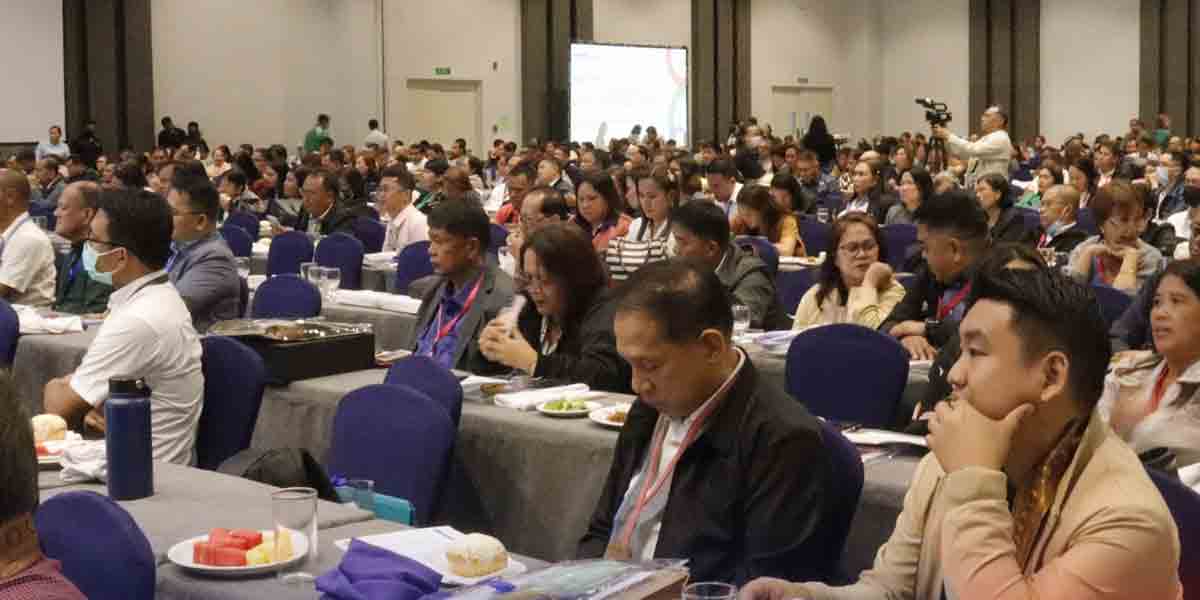The recent preventive suspension of eight members of the Antique Sangguniang Panlalawigan (SP) has significant implications for governance in the province.
As the provincial board faces a lack of quorum for the next six months, the business of lawmaking in Antique is effectively put on hold.
The Office of the Ombudsman, on August 1, ordered a six-month suspension without pay for eight SP members—Egidio Elio, Rony Molina, Victor Condez, Alfie Jay Niquia, Plaridel Sanchez IV, Mayella Mae Ladislao, Kenneth Dave Gasalao, and Julius Cezar Tajanlangit.
This suspension is not punitive but preventive, aimed at ensuring these officials do not interfere with the ongoing investigation against them.
They face charges of oppression, grave misconduct, abuse of authority, and gross neglect, filed under the 2017 Revised Rules of Administrative Cases in the Civil Service and the Code of Conduct and Ethical Standards for Public Officials and Employees (Republic Act 6713).
The complaint, initiated by Ray Ventura and Stephen Jules S. Siblag, accuses the officials of neglecting their duties and delaying the approval of crucial investment programs.
This delay, particularly concerning a supplemental budget worth P1.075 billion proposed by Governor Rhodora J. Cadiao, underscores the critical nature of their alleged misconduct.
The officials’ actions included boycotting sessions and raising baseless objections, effectively paralyzing the board’s ability to function.
Quorum, as defined by local government laws, is crucial for the functioning of any legislative body.
For Antique’s SP, at least eight members are required to conduct official business. The absence of these suspended members means the board cannot meet this requirement, stalling essential legislative processes. This suspension period, therefore, places the governance and development initiatives in Antique in a precarious state.
One of the significant impacts of this suspension is on the budget allocations for installing solar systems in hospitals, homes, and streetlights. These funds, amounting to P765 million, were intended to be sourced from Antique’s share of energy development proceeds.
However, the suspended officials had previously deleted these budgetary allocations, citing the lack of an opinion from the Department of Energy. This decision not only reduced the funds available but also denied access to solar systems for 200 barangays and 15,000 households, affecting the province’s energy sustainability efforts.
The incident also highlights the broader issue of accountability and ethical governance. The actions of the suspended officials, if proven, reflect a severe breach of public trust and duty. The importance of adhering to ethical standards and the rule of law in public service cannot be overstated, as these principles are foundational to effective and just governance.
In conclusion, the suspension of these eight members poses a significant challenge to the legislative and developmental activities in Antique. The provincial board’s inability to form a quorum disrupts governance and hampers the implementation of crucial programs.
This situation underscores the importance of ethical conduct and accountability in public office in maintaining public trust and ensuring the efficient functioning of government institutions.






















